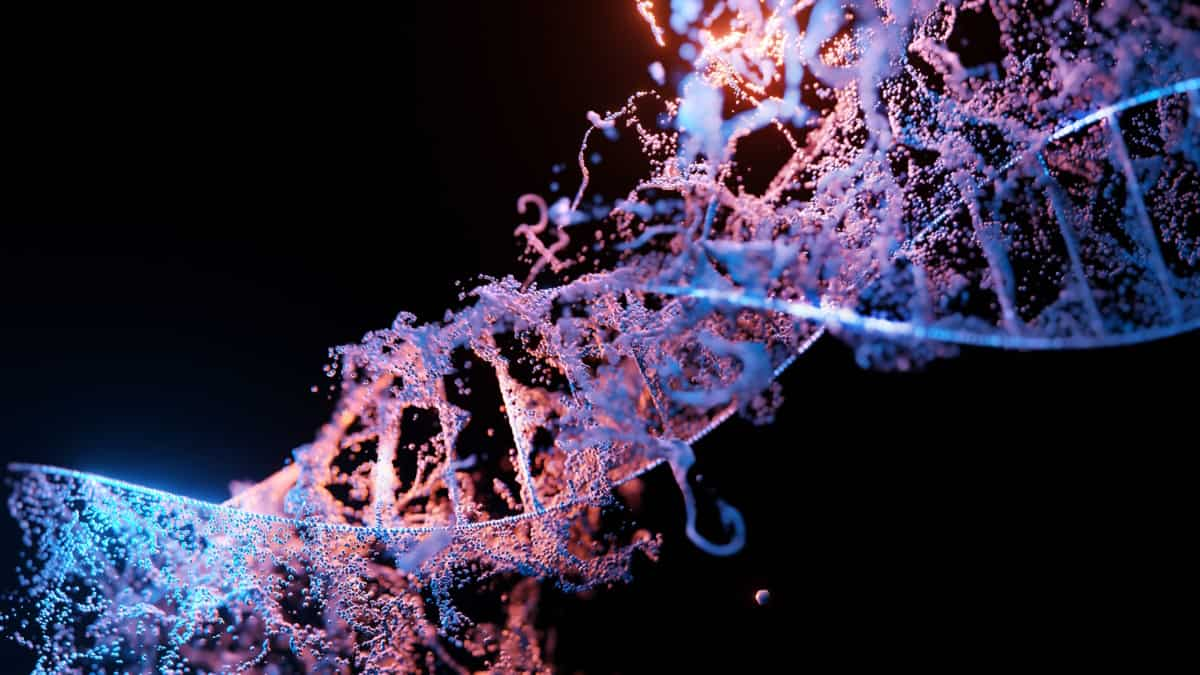This week, science got richer with the publication of the largest collection of genes, key to curing rare diseases: the first human “pangenome.”
The first human genome, which corresponds to the set of human genetic material, was sequenced 20 years ago, in 2003. At that time, the discovery marked a turning point in biomedical research.
For Bill Clinton, in the year 2000, humanity was "on the verge of acquiring an enormous new healing power." However, this genome was sequenced from the genetic information of a single person of European and African descent.
As we've seen many times before, science is leaping by leaps and bounds, and this week, it's even richer.
Discover the scientific community The first tragic human race. This is nothing more than the most complete and up-to-date map of human DNA ever produced. So much so that, 20 years later, it contains the genetic information of 47 people, from Asia, America, Europe and Africa.
The human 'pangenome' runs, for the first time, represent human genetic diversityHalf of the 47 people are of sub-Saharan African descent, one-third are from America, 13% are from China and 2% are from Europe, representing the indigenous population.
The first human "pangenome": More and more, we view ourselves as matter
Simply put, the genome is the "instruction manual" found in all human cells, consisting of three billion letters, which denote the initial letter of a chemical compound. This new model adds 119 million letters to the DNA sequence. Moreover, according to a report Scientists are more accurate and have fewer errors when compared to previous ones.
A pangenome that reflects human diversity will allow scientists to better understand how genetic variation affects health and disease. This takes us into a future where medicine benefits everyone.
Eric Green, director of the Human Genome Research Institute, explained that this novelty will revolutionize medical research:
It is an incredible scientific achievement!
Eric Green, director of the Human Genome Research Institute
The human "Pangenome" could help explain, for example, how genetic variation can influence health and disease development. Through their sequence, they are expected to provide key information for understanding neurodevelopmental disorders such as schizophrenia, autism, microcephaly, and microcephaly. In addition, it will also promote the development of more effective drugs.

“Wannabe internet buff. Future teen idol. Hardcore zombie guru. Gamer. Avid creator. Entrepreneur. Bacon ninja.”

